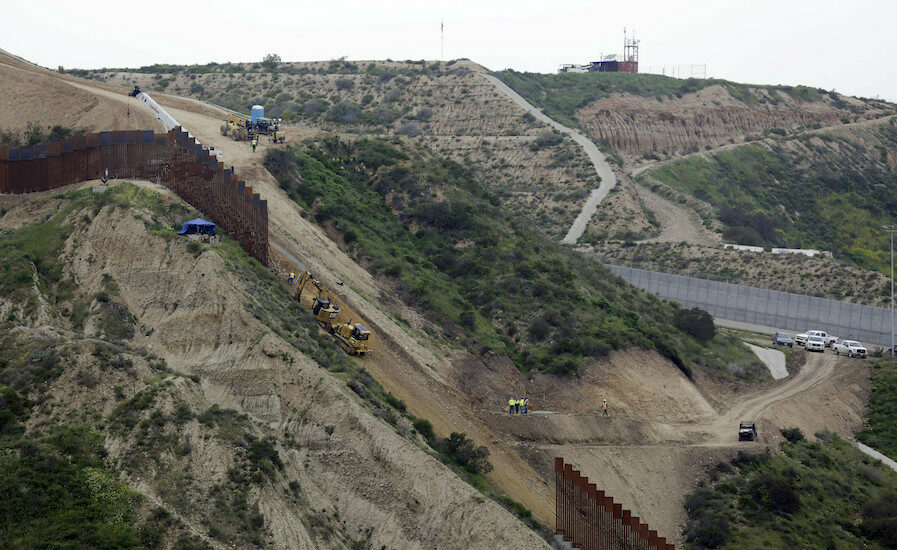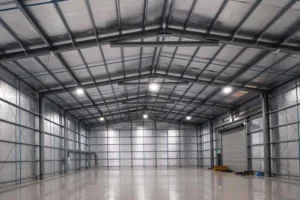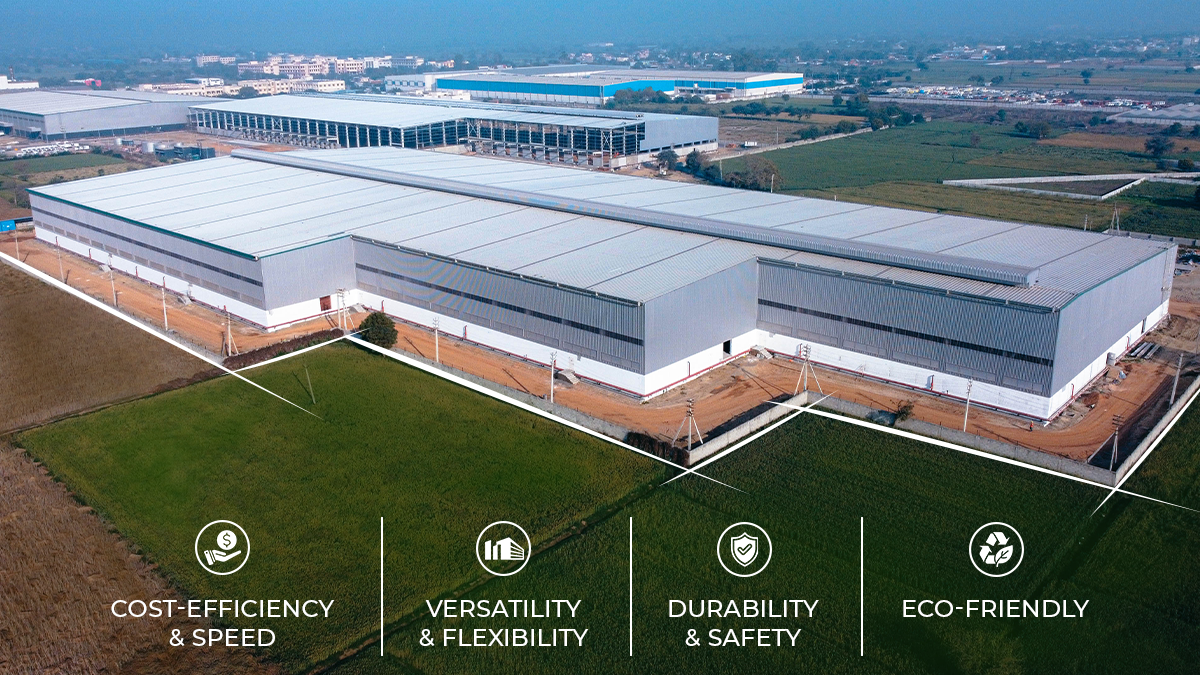
Noem Waives Environmental Rules for 36 Miles of Border Wall in Arizona, New Mexico
[ad_1]

Department of Homeland Security Secretary Kristi Noem on June 5 issued three environmental rule waivers for construction of roughly 36 miles of new border wall in Arizona and New Mexico. This is in addition to a waiver signed by Noem in April for border wall construction in California.
The $1.375-billion indefinite delivery/indefinite quantity (IDIQ) contract vehicle being used to build the segment of wall in the Border Patrol sectors of Tucson, Yuma and El Paso—which includes part of New Mexico and the border with Mexico—was originally awarded in July 2023 by the Biden administration using money appropriated by Congress in 2020 and early 2021 during the first Trump administration.
The El Paso projects were awarded to general contractor SLSCO Ltd., Galveston, Texas, and the Yuma Barry M. Goldwater Wall Project was awarded as part of a larger contract with the San Diego wall projects to general contractor Fisher Sand & Gravel Co., Dickinson, N.D. A contractor has not yet been named for the Tucson projects.
The projects include: the El Paso Sector Santa Teresa Secondary Wall Project, 7 miles; the El Paso Sector 16-4 Wall Project Anapra, 1.3 miles; the El Paso Sector 2 Wall Project and Port of Entry Gate, 0.2 miles; the Yuma Sector Barry M. Goldwater Range Wall Project—which will close seven gaps in existing wall, 40-240 ft; the Tucson Sonoita Project, 24.7 miles; the Tucson 10-4 Project, less than .2 miles; and the Tucson 10-6 Project, 2.1 miles.
DHS’ use of waivers to bypass environmental laws, including the National Environmental Policy Act, for border wall construction was common under the first Trump administration. It was also used in 2023 by the Biden administration for a section of border wall previously authorized by the Trump administration; the project was ultimately not restarted. The waivers were issued pursuant to Section 102 of the Illegal Immigration Reform and Immigrant Responsibility Act of 1996.
The projects will close what DHS calls critical gaps in the border wall. The agency said those closures are necessary for border security operations in these sectors.
[ad_2]
Source link
Post a Comment
You must be logged in to post a comment.






